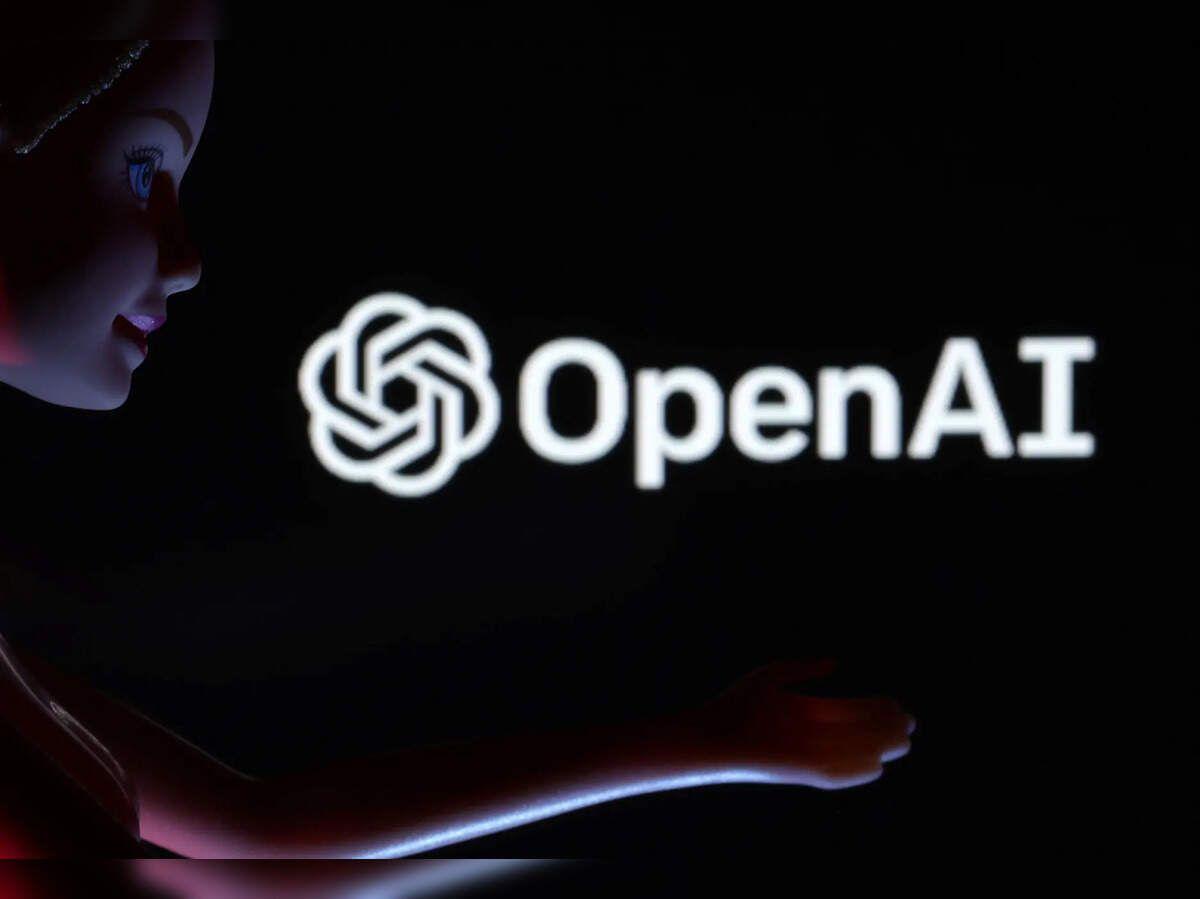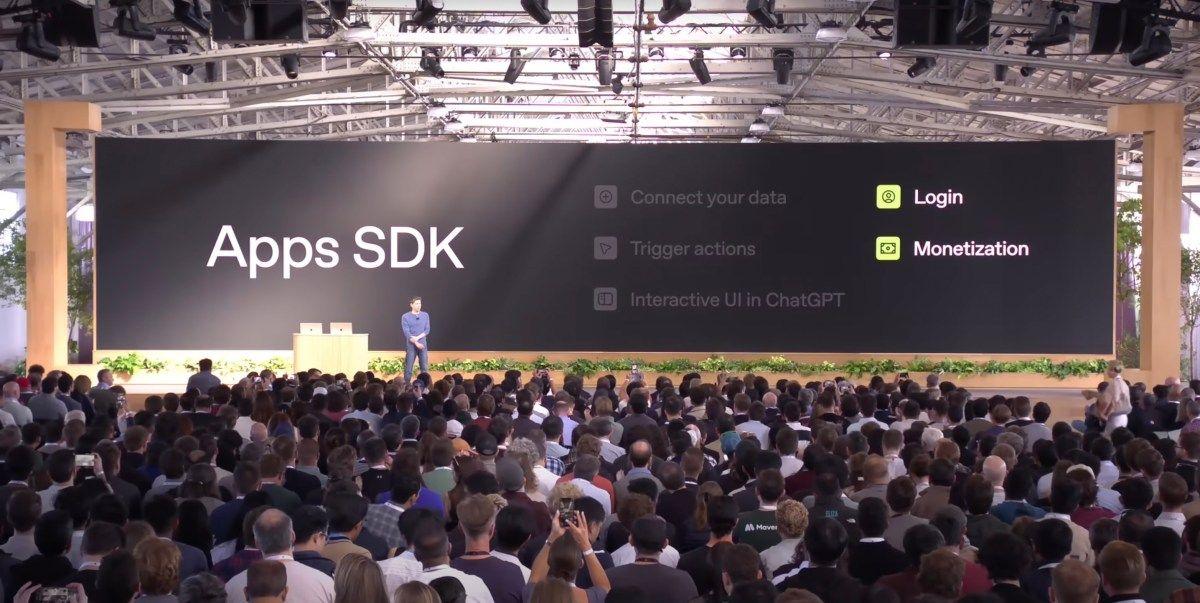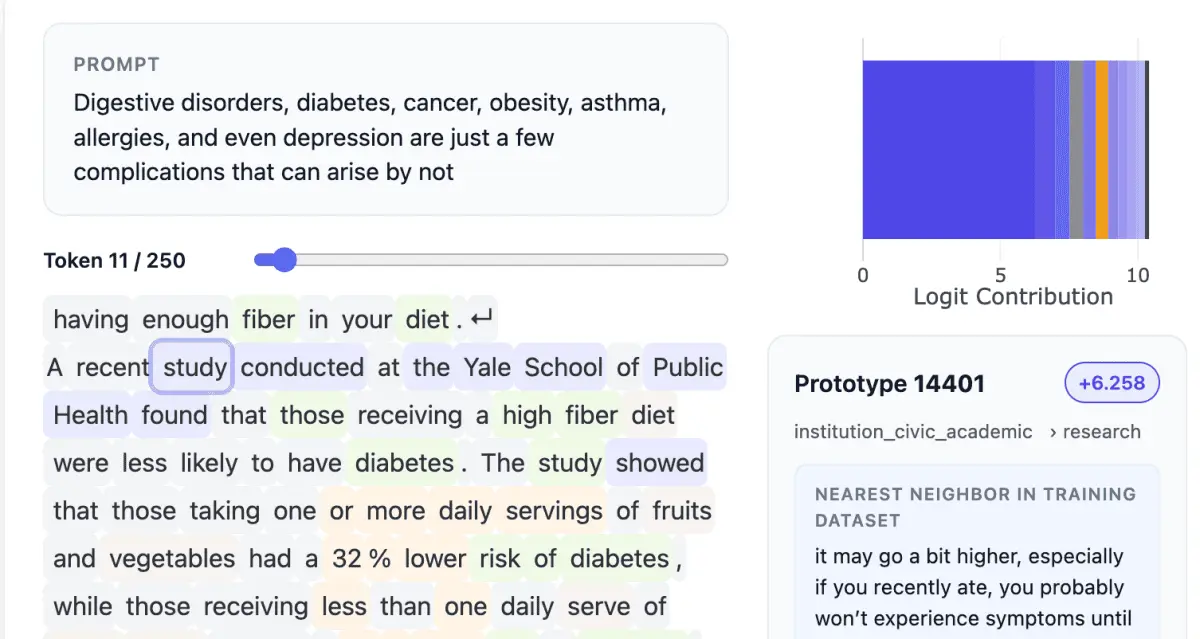OpenAI Shifts Focus to Enterprise Market with New Partnerships and Tools
2 Sources
2 Sources
[1]
OpenAI declares 'huge focus' on enterprise growth with array of partnerships
OpenAI is expanding its AI offerings to businesses. New partnerships with companies like Spotify and Zillow will integrate OpenAI's AI into their services. Developers will also get new tools to build applications powered by ChatGPT. This move aims to bring the consumer success of ChatGPT to the enterprise sector. OpenAI touted new partnerships to incorporate its AI products across diverse industries at its developer conference on Monday, aiming to drive the strong momentum it has enjoyed among consumers to its enterprise business. "You should expect a huge focus from us on really leaning into enterprise," CEO Sam Altman told journalists at a press conference following his keynote at San Francisco's Fort Mason Center. The company revealed a flurry of collaborations with companies including Spotify, Zillow and Mattel while debuting a set of fresh tools to help developers build new applications. That included a way for other apps to plug into ChatGPT and allow a user to ask questions or perform tasks in the app. One engineer gave a live demo showing how someone could use ChatGPT to generate a readymade playlist in Spotify, or ask Zillow to narrow down a list of properties to just show those with three bedrooms and three bathrooms. Executives said this was the start of a broader vision of transforming ChatGPT into a central portal where users can access a broader range of services. "What you're going to see over the next six months is an evolution of ChatGPT from an app that is really, really useful into something that feels a little bit more like an operating system," ChatGPT head Nick Turley said. Greg Brockman, OpenAI's president, underscored that OpenAI was "committed to building the best enterprise platform." News of OpenAI's partnerships led shares of some of its partners like Zillow and Figma to climb initially, a sign of how the ChatGPT maker's imprimatur has become a way to legitimize companies' positioning in AI. Earlier on Monday, shares of AMD surged more than 34% after it signed a deal supplying chips to OpenAI. Spotify said in a press release about its partnership that it would not share user data with OpenAI to train models. Asked if the same policy applied to the other deals, Turley said it would abide by the preferences users selected in their data settings. OpenAI had always planned to target the enterprise market, but its AI models were not previously ready for the higher demands of business-use cases, Altman said. "We needed to let the models get better. The models are there now," he said, adding that the company had selected "a few active early partnerships." Brockman said the work that went into its models' self-claimed gold medal performance at the International Mathematical Olympiad would generate benefits for enterprises in other ways. OpenAI and other tech giants such as Alphabet and Microsoft have courted enterprise AI deals to help justify massive spikes in spending, though the returns across the industry have so far failed to match investment, recent surveys showed. The ChatGPT-maker outlined ambitious new plans in the last month to build $1 trillion or more of computing capacity and launched a viral AI-video-generating app called Sora, which has shot to the top of Apple's app rankings. All this has made OpenAI a massive money-losing operation to date. Altman said it was "not in my top 10 concerns, but we obviously someday have to be very profitable." Monday's moves are the latest in a stream of announcements for OpenAI, which sparked the modern AI boom with the launch of ChatGPT about three years ago. Many of Altman's ambitions are bold and expensive even by Silicon Valley standards, sparking some concerns among tech investors about whether or not AI investments are a bubble. Altman said during the question-answer session that many areas of the AI industry are "kind of bubbly," but that "real value will get created."
[2]
OpenAI declares 'huge focus' on enterprise growth with array of partnerships
SAN FRANCISCO (Reuters) -OpenAI touted new partnerships to incorporate its AI products across diverse industries at its developer conference on Monday, aiming to drive the strong momentum it has enjoyed among consumers to its enterprise business. "You should expect a huge focus from us on really leaning into enterprise," CEO Sam Altman told journalists at a press conference following his keynote at San Francisco's Fort Mason Center. The company revealed a flurry of collaborations with companies including Spotify, Zillow and Mattel while debuting a set of fresh tools to help developers build new applications. That included a way for other apps to plug into ChatGPT and allow a user to ask questions or perform tasks in the app. One engineer gave a live demo showing how someone could use ChatGPT to generate a readymade playlist in Spotify, or ask Zillow to narrow down a list of properties to just show those with three bedrooms and three bathrooms. Spotify said in a press release about its partnership that it would not share user data with OpenAI to train models. Asked if the same policy applied to the other deals, ChatGPT head Nick Turley said it would abide by the preferences users selected in their data settings. OpenAI had always planned to target the enterprise, but its AI models were not previously ready for the higher demands of business-use cases, Altman said. "We needed to let the models get better. The models are there now," he said, adding that the company had selected "a few active early partnerships." Greg Brockman, OpenAI's president, said the work that went into its models' self-claimed gold medal performance at the International Mathematical Olympiad would generate benefits for enterprises in other ways. OpenAI and other tech giants such as Alphabet and Microsoft have courted enterprise AI deals to help justify massive spikes in spending, though the returns across the industry have so far failed to match investment, recent surveys showed. The ChatGPT-maker outlined ambitious new plans in the last month to build $1 trillion or more of computing capacity and launched a viral AI-video-generating app called Sora, which has shot to the top of Apple's app rankings. All this has made OpenAI a massive money-losing operation to date. Altman said it was "not in my top 10 concerns, but we obviously someday have to be very profitable," while Brockman underscored that OpenAI was "committed to building the best enterprise platform." Monday's moves are the latest in a stream of announcements for OpenAI, which sparked the modern AI boom with the launch of ChatGPT about three years ago. Many of Altman's ambitions are bold and expensive even by Silicon Valley standards, sparking some concerns among tech investors about whether or not AI investments are a bubble. Altman said during the question-answer session that many areas of the AI industry are "kind of bubbly," but that "real value will get created." (Reporting by Deepa Seetharaman and Kenrick Cai in San Francisco; Editing by Pooja Desai)
Share
Share
Copy Link
OpenAI announces a strategic pivot towards enterprise solutions, unveiling partnerships with major companies and new developer tools. The move aims to leverage ChatGPT's consumer success in the business sector.

OpenAI's Strategic Shift to Enterprise
OpenAI, the company behind the revolutionary ChatGPT, has announced a significant pivot towards the enterprise market. At its developer conference in San Francisco, CEO Sam Altman declared, "You should expect a huge focus from us on really leaning into enterprise"
1
. This move aims to translate the strong momentum ChatGPT has enjoyed among consumers into success in the business sector.New Partnerships and Integrations
The company unveiled a flurry of collaborations with major players across various industries. Partnerships with Spotify, Zillow, and Mattel were highlighted, demonstrating OpenAI's commitment to integrating its AI technology into diverse business applications
2
. These partnerships are designed to showcase the versatility and power of OpenAI's technology in real-world business scenarios.Developer Tools and ChatGPT Evolution
OpenAI introduced new tools for developers to build applications powered by ChatGPT. A key feature is the ability for other apps to plug into ChatGPT, allowing users to perform tasks or ask questions within those apps
1
. For example, users could generate playlists in Spotify or filter property listings in Zillow using ChatGPT's interface.Nick Turley, head of ChatGPT, hinted at a broader vision: "What you're going to see over the next six months is an evolution of ChatGPT from an app that is really, really useful into something that feels a little bit more like an operating system"
1
.Related Stories
Market Impact and Future Prospects
The announcement of these partnerships had an immediate impact on the stock market, with shares of partnering companies like Zillow and Figma initially climbing
1
. This reaction underscores the perceived value of OpenAI's technology in the business world.OpenAI's enterprise focus comes at a time when the company is pursuing ambitious plans, including building massive computing capacity and launching new products like the AI video generator Sora
2
. However, these initiatives have made OpenAI a "massive money-losing operation" to date, according to Altman2
.Challenges and Industry Outlook
While OpenAI's move into the enterprise market is promising, it faces challenges. The AI industry has seen massive spikes in spending, but returns have so far failed to match investments across the sector
2
. Altman acknowledged that many areas of the AI industry are "kind of bubbly," but expressed confidence that "real value will get created"2
.As OpenAI continues to push the boundaries of AI technology and its applications in the business world, the industry watches closely to see if this strategic shift will pay off in the long run.
References
Summarized by
Navi
[2]
Related Stories
OpenAI Reaches 1 Million Business Customers, Claims Fastest-Growing Platform Status
06 Nov 2025•Business and Economy

OpenAI taps Barret Zoph to lead enterprise AI sales as market share drops to 27%
23 Jan 2026•Business and Economy

OpenAI Transforms ChatGPT into an App Platform, Revolutionizing AI-Driven Commerce
06 Oct 2025•Technology

Recent Highlights
1
Google Gemini 3.1 Pro doubles reasoning score, beats rivals in key AI benchmarks
Technology

2
Pentagon Summons Anthropic CEO as $200M Contract Faces Supply Chain Risk Over AI Restrictions
Policy and Regulation

3
Canada Summons OpenAI Executives After ChatGPT User Became Mass Shooting Suspect
Policy and Regulation





